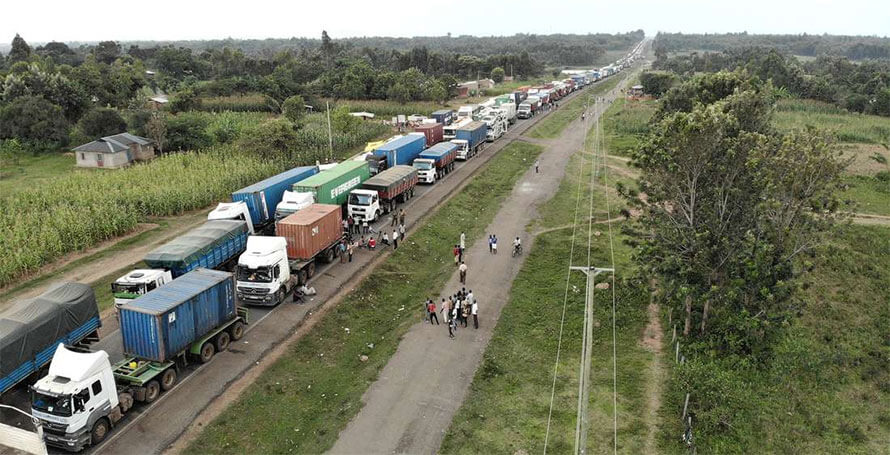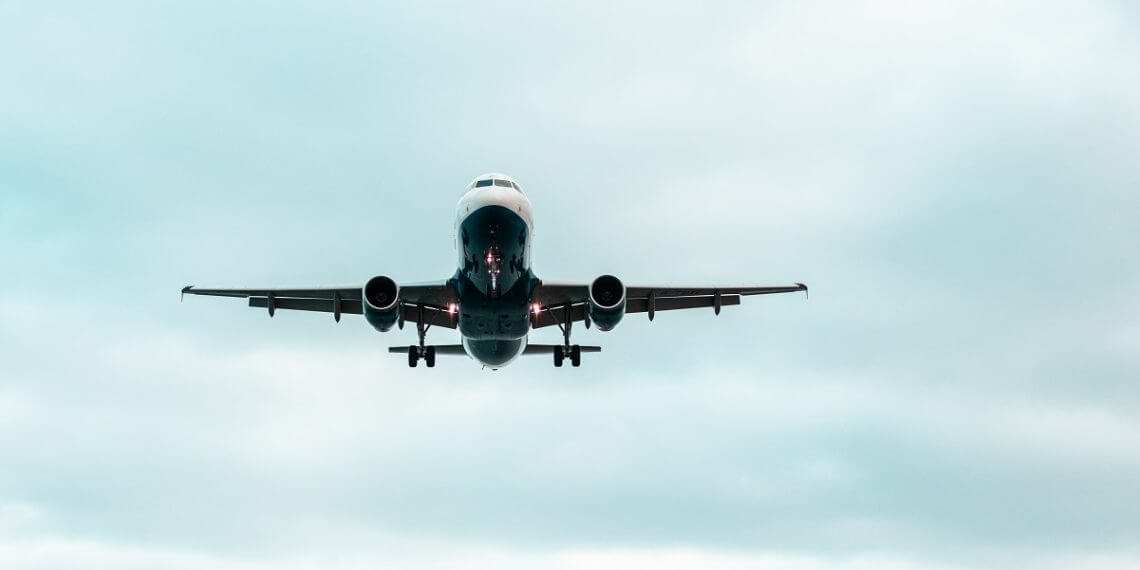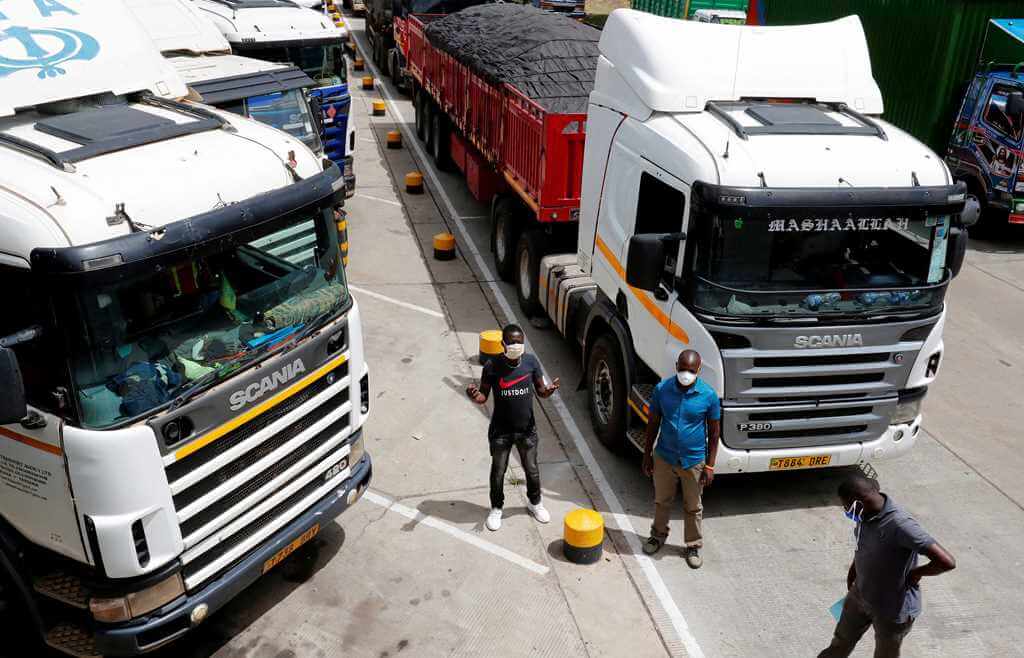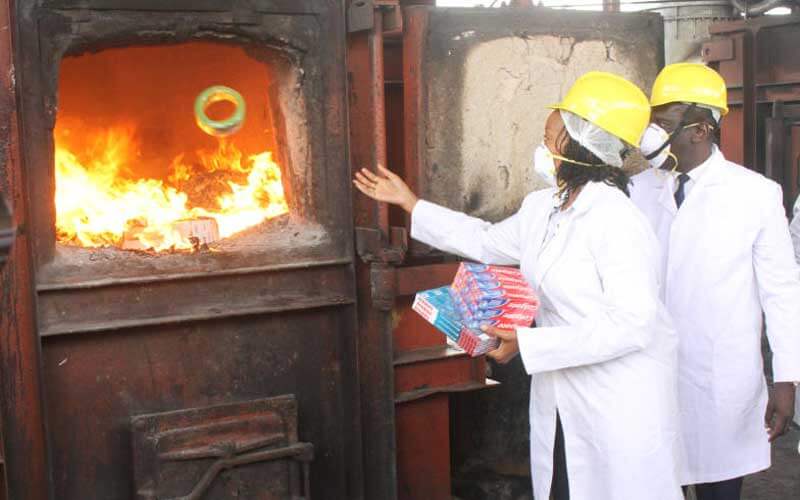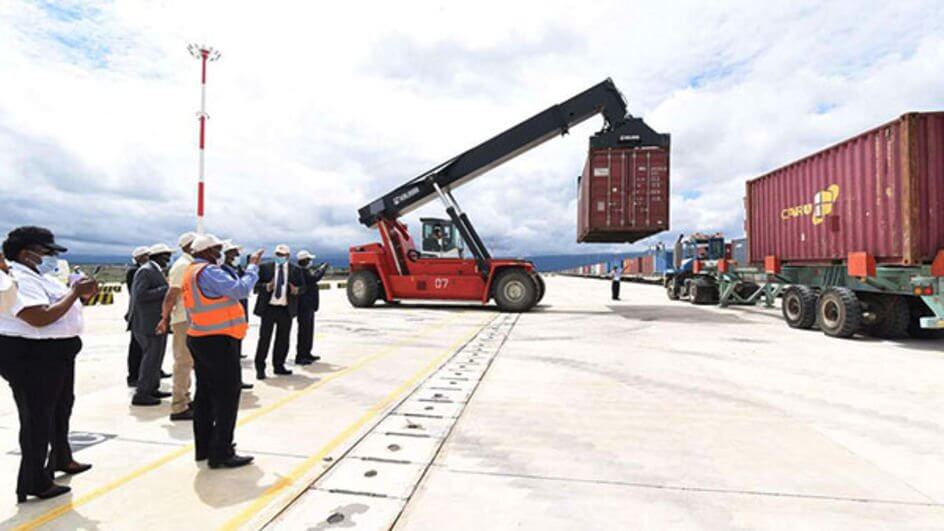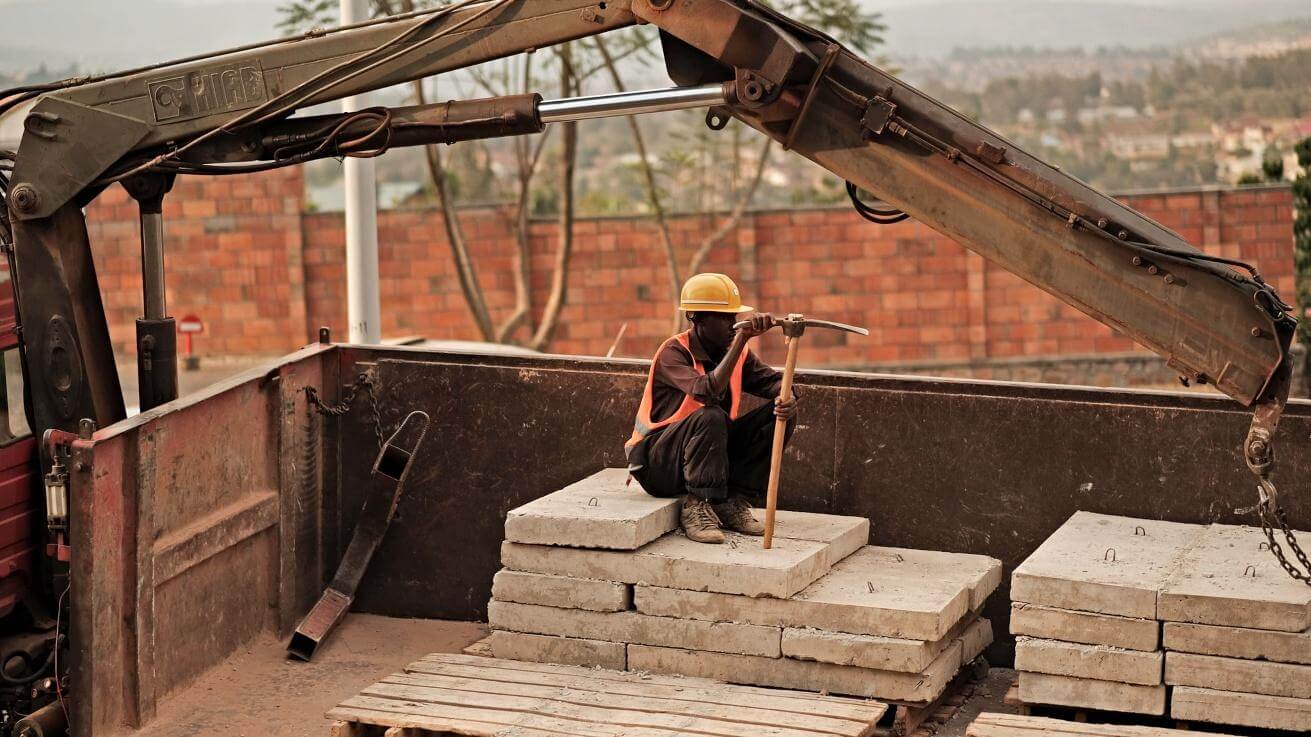Over the past few weeks, Kenya and Uganda have been in a protracted stand-off over safety agreements in the movement of cargo across their borders. In protest to a decision by the Ugandan government that Kenyan truck drivers would not be allowed to enter the country but required to hand over to Ugandan drivers their trucks who would then deliver the cargo to the final destination, Kenyan truck drivers and transport companies halted movement of cargo, which saw trucks queue stretching to more than 50 kilometres. This no-entry policy directive came after a number of foreign truck drivers entering Uganda tested positive for the virus. To be fair to the Ugandan government, they had grounds to be concerned. Kenya was not strictly enforcing some of its directives. For example, truck drivers were required to be tested 48 hours before leaving Mombasa but some of them were driving straight to Malaba and Busia border without being tested and with those tested not waiting for the results and travelling with the certificate as required.This led to a large number of drivers showing up for test ing at the border crossing, leading to long queues awaiting clearance. With the region being a common market protocol where movement of people and goods are expected to flow with little restriction, it was expected that member States would come up with joint safety standards protocol measures at common borders, but there has only been disarray. Uganda is not the first country to try and implement a...
Covid safety rule EAC States must adopt
Posted on: June 16, 2020
Posted on: June 16, 2020

